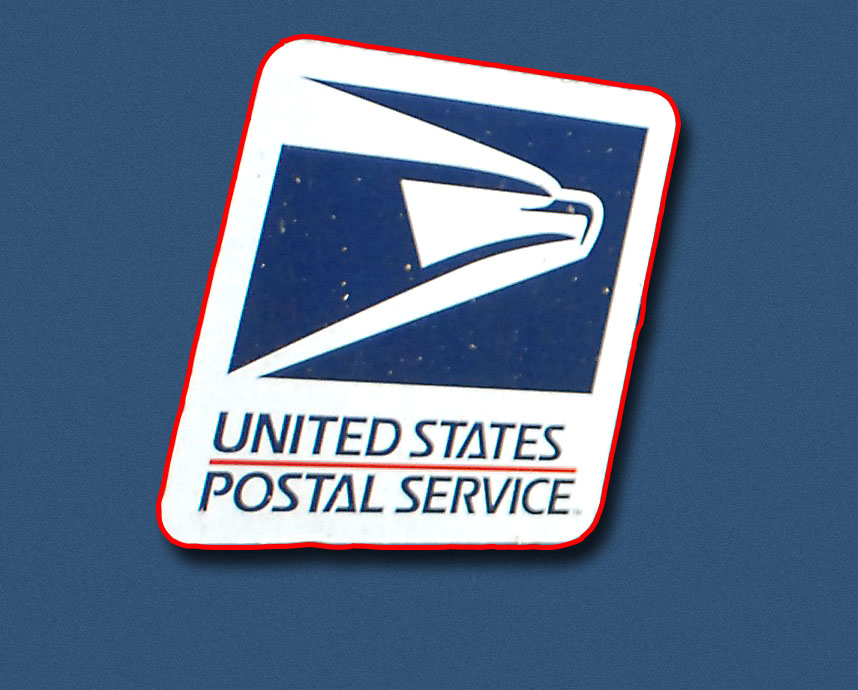The United States Postal Service is at once the nation's most visible public service and its most financially precarious. It is widely admired for its reliable reach into every nook and cranny of the country. It also is deeply in debt and growing more so by tens of millions of dollars a day. The situation is so desperate, in fact, that the Postal Service's board of governors made a direct appeal on Friday to members of the U.S. House to quickly pass legislation to allow the agency to make significant changes in the way it operates.
The Postal Service says it needs such legislation to close thousands of underperforming post offices, reduce personnel costs and eliminate Saturday delivery if it is to avoid bankruptcy. The situation, in truth, is dire. If the Postal Service is not granted relief soon, it might not be able to pay one of its largest bills in September.
Currently about $13 billion in debt, the agency will be required then to pay more than $11 billion to the Treasury to pre-fund future retiree health-care benefits. If it does so, the Postal Service likely would pass its $15 billion debt ceiling, and go into default.
That possibility is nothing new. The Postal Service has been struggling to make such payments for years. The problem, however, has become especially acute in the last few years as revenues have plummeted as consumers increasingly use the Internet to send letters and to send and receive bills. Most efforts -- legislative and others -- to remedy the situation have been torpedoed by local self-interest, archaic rules and political partisanship.
The current situation is an example. The U.S. Senate has approved a bill that would permit the Postal Service to significantly reduce expenses, but postal service officials and many fiscal conservatives say it is not strong enough. They prefer a House bill which would permit far more draconian cost-cutting. Tennessee Sen. Bob Corker is among them. He voted against the Senate bill, saying that it would add to the federal deficit and make it difficult for postal officials to undertake quick and meaningful reform.
That's a short-sighted view that is overly dependent on the cold calculations of cost-benefit analysis and that overlooks the unique service the Postal Service provides. It delivers tens of millions pieces of mail, usually directly to a recipient's door six days a week for what is the worlds' lowest postal rate. Many individuals, especially the homebound and those in rural areas, rely on the service for life-saving medications and other contact with the world. Mindless cost-cutting without regard to the value of the services lost as a result might solve the current fiscal problem, but it creates others.
What's needed instead is comprehensive reform. Currently, the Postal Service is not a government agency, and it is funded by revenues it generates, not taxpayer money. Nevertheless, it still operates under Congress' direction. The result is a system that requires the service to honor contracts and rules on pensions and retiree benefits that no other agency must follow. Congress must create a fairer playing field for the Postal Service.
Changing operating rules alone won't solve the cash flow woes, but it would help. The Postal Service still will have to reduce services, close offices, amend labor contracts and, perhaps, raise the cost of postage. Still, that's preferable to the end of the Postal Service as generations of Americans have known it. Legislators, including Sen. Corker, would better serve their constituents by balancing their demands for fiscal austerity with an understanding of what the public wants and needs from the agency.

